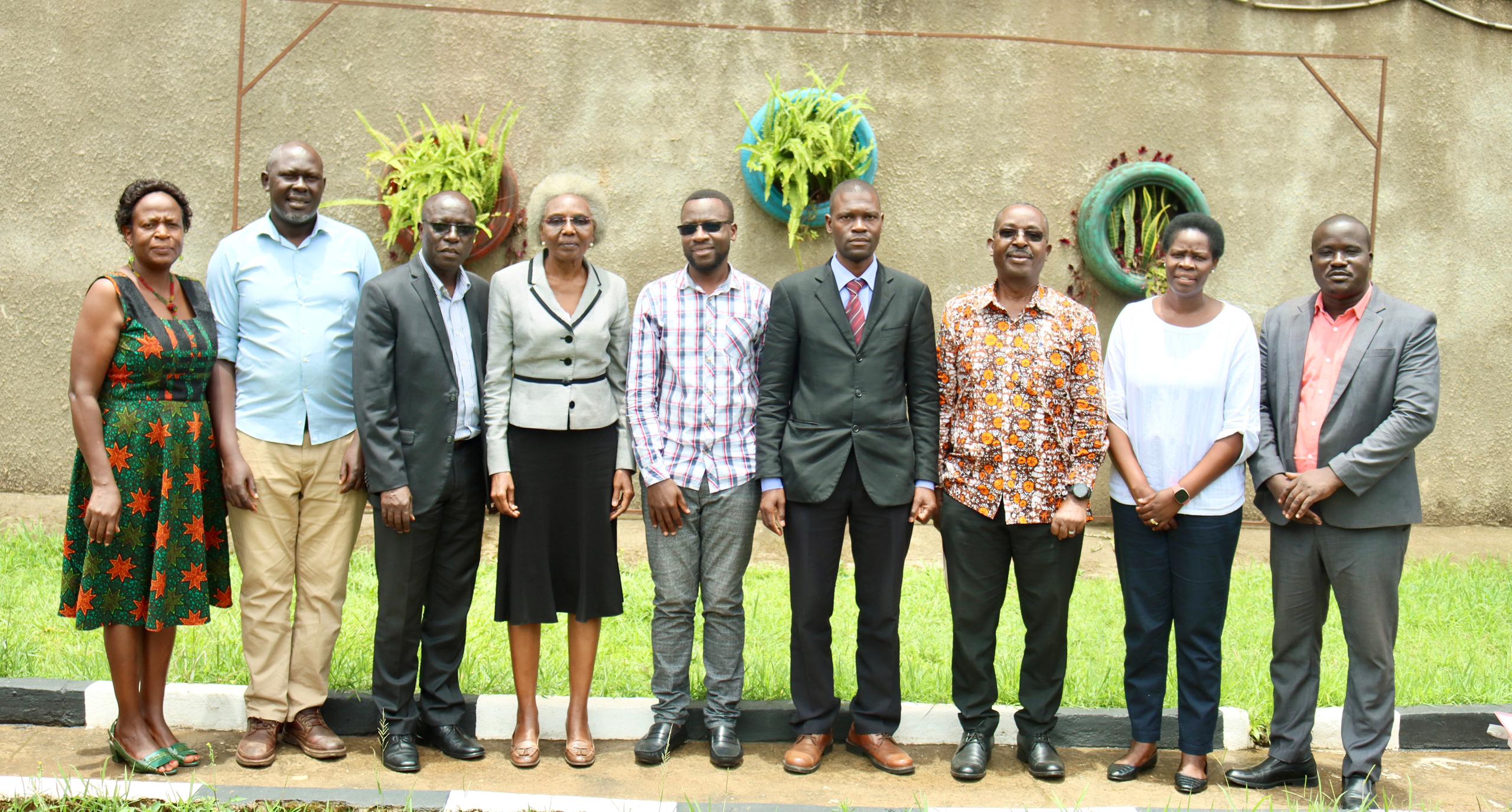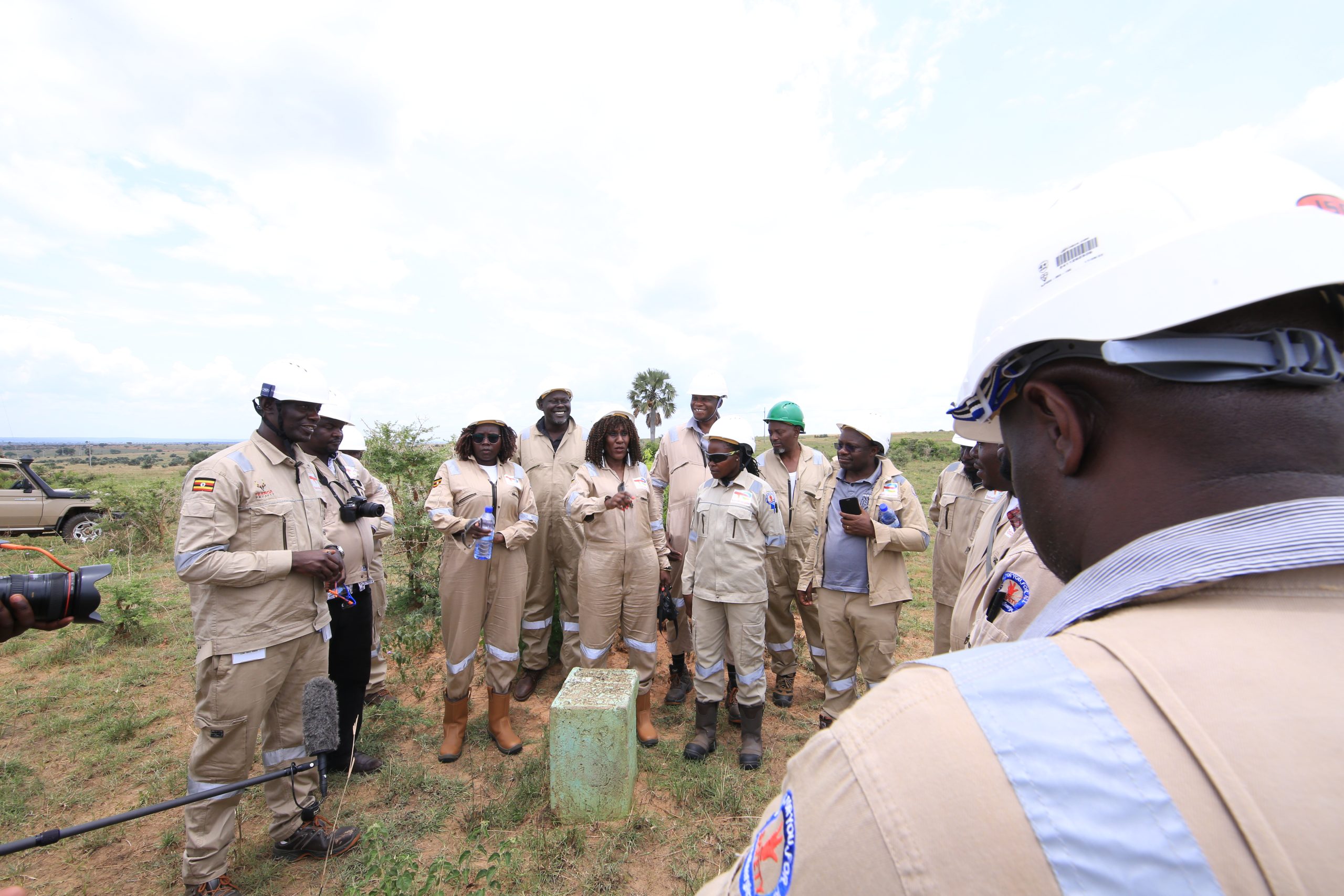African Union urges Uganda Civil Society to join ECOSSOC
Following the 27th Ordinary session of the Executive Council of the AFRICAN Union held in Malabo, Equatorial Guinea in June 2014, a decision EX.CL/849(XXV) on the ECOSOCC election Process was adopted in which the Council requested the Commission to extend the call for applications for three months and thereby embark on a motivation and sensitization campaign to gather sufficient pool of candidates for election.
The sensitization has been on going in various African countries and in East Africa, this was the very first in Uganda which attracted several Civil society Organisations at all levels.
In his welcome remarks, Mr. Richard Ssewakiryanga the executive director of the Uganda National NGO Forum welcomed all the participants and stressed that Uganda has about 12,000 registered NGOs working to improve daily lives of the people with some being household names because of the major impact they have created in the communities.
The Government representative from Africa Union Commission-Ministry of Foreign affairs expressed gratitude to the African Union for considering civil society as part of the important sector in the attainment of development in the region. He further stated that the governance ethics of Uganda is people oriented and as such must be linked to the desires of the people to the grass root level and therefore ECOSOCC is an opportunity bringing together Civil society as important stakeholders in the governance, development and peace building on the continent.
Ambassador Lazarus Kampabwe stated that ECOSOCC is the Civil society parliament of the African Union which is intended to steer governance of governments and civil society. He stressed that this is a unique framework which gives an opportunity to Civil Society organisations to engage in the process as they represent the grass root citizens and as such 2 representatives are needed from Uganda.
Concerning eligibility, Civil society members raised concerned about the mandatory 50% contribution of resources from within the organisation stating that the nature of Civil society organisations in Uganda is that they depend largely on donations and a very small percentage from their embers and as such by following strictly this requirement, many of the Civil society organisations will not qualify. The members of the Civil society urged the African Union Commission to suspend this mandatory requirement as its premises defeats the purpose of engagements since governments are also run largely by external funding.
In conclusion, it was resolved that another meeting will be convened by the Uganda National NGO Forum to discuss the election matters and also further petition for the suspension of the 50% internal contribution requirement.



